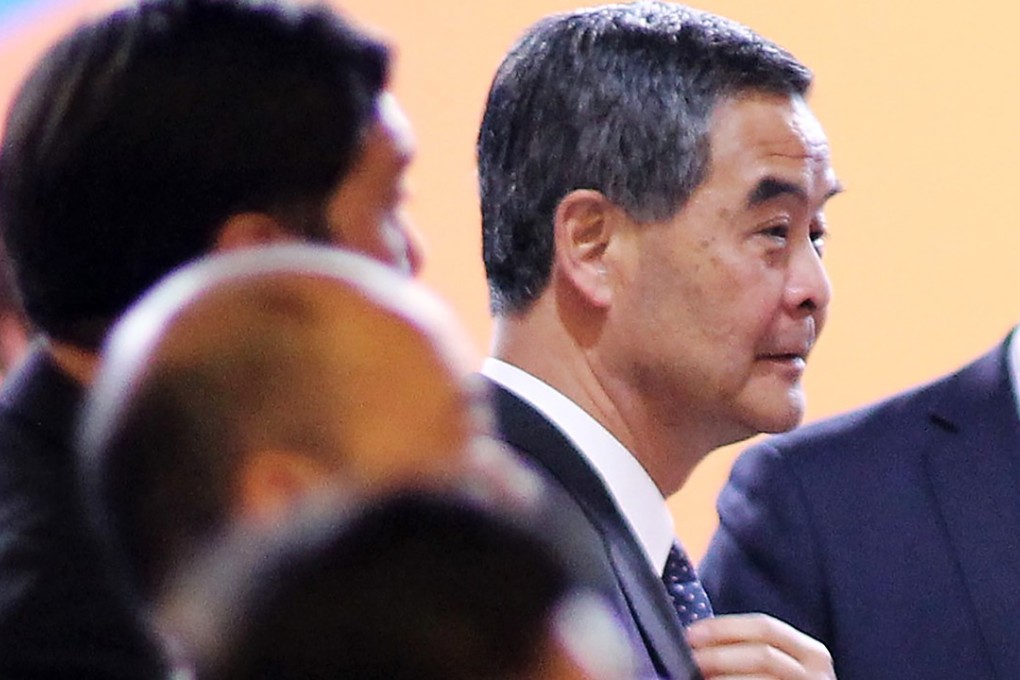Advertisement
With trillions of US dollars on the line, Hong Kong and London bid to become finance hub of China’s global trade strategy
The two cities were among 28 jurisdictions that Chinese President Xi Jinping invited to the forum, which promoted global commerce for the trade scheme
Reading Time:3 minutes
Why you can trust SCMP

Hong Kong and London have locked horns at a two-day high-level forum in Beijing over which city is best placed to act as the finance hub for China’s global trade and commerce strategy.
At the first day of the Belt and Road Forum for International Cooperation, Hong Kong Chief Executive Leung Chun-ying insisted the city was “the preferred destination” for capital flows from the mainland.
Leung cited the city’s status as the largest offshore settlement centre for yuan trade and its title as the world’s No 1 stock market for new listings in 2016.
Advertisement
However, his bid was swiftly challenged by British Chancellor of the Exchequer, Philip Hammond.
We go out to overseas economies together with mainland Chinese enterprises, and we go into China with enterprises from other countries
Advertisement
Select Voice
Choose your listening speed
Get through articles 2x faster
1.25x
250 WPM
Slow
Average
Fast
1.25x